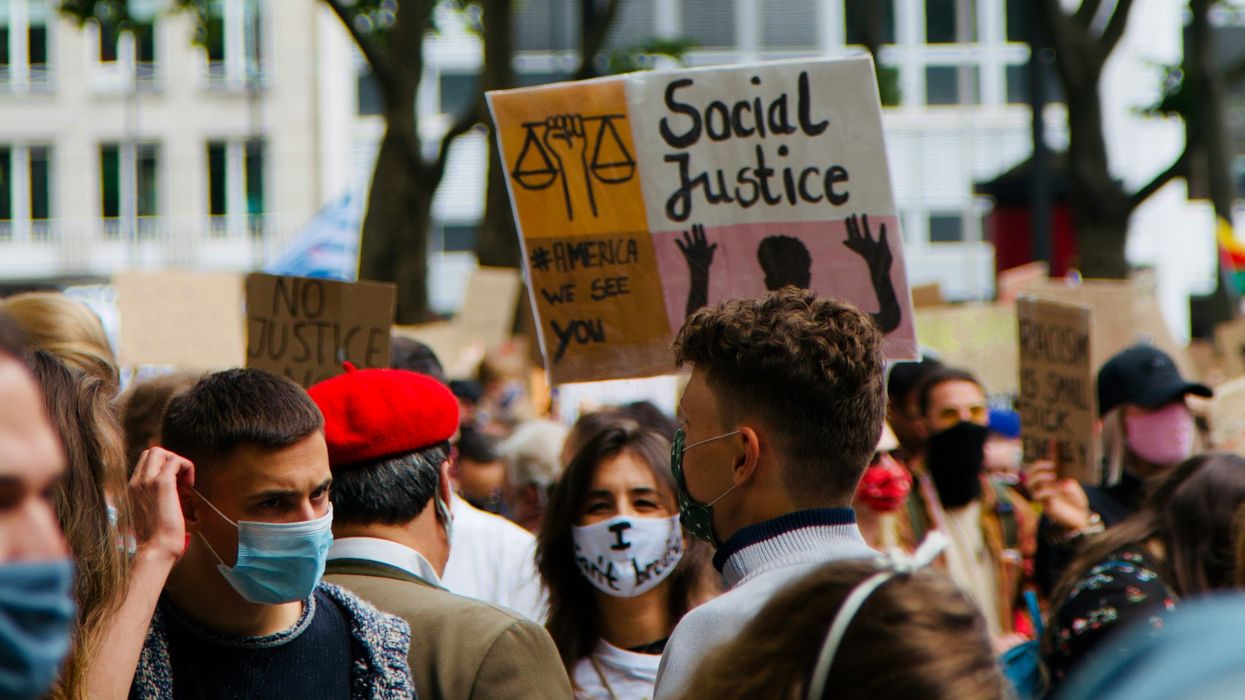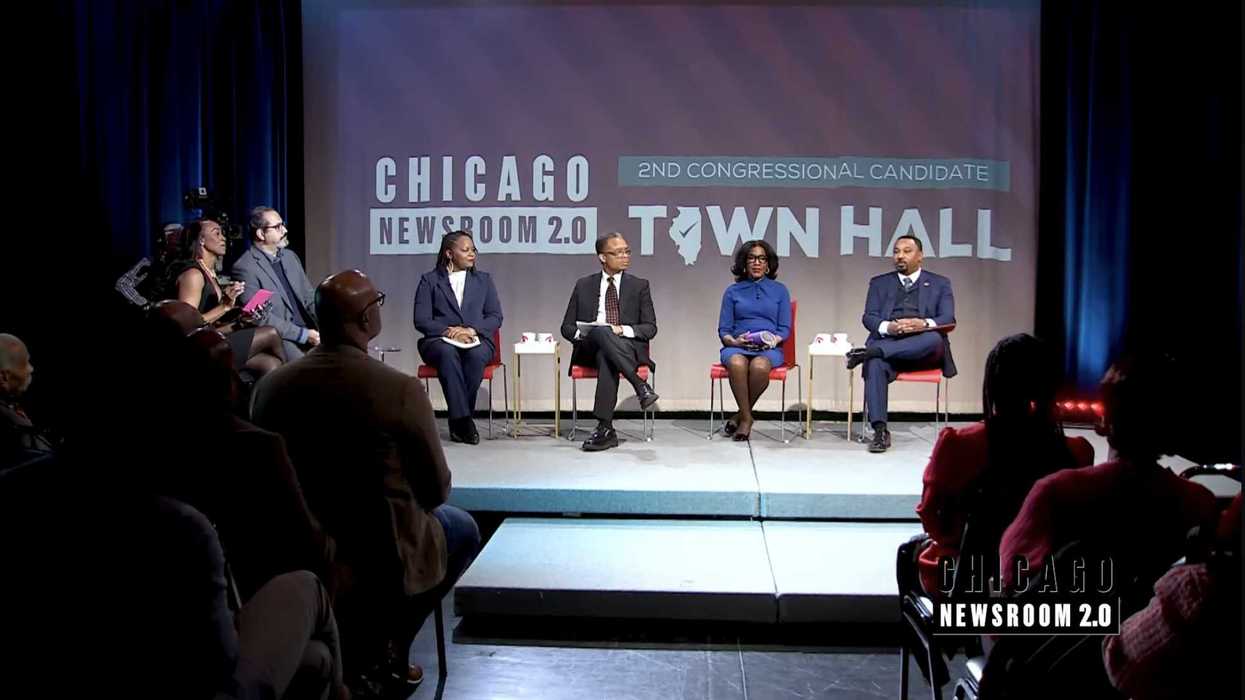Last month, 23andMe announced it was filing for bankruptcy, and dozens of states are suing to stop the company from selling off personal data. Yet, unlike for-profit businesses, lawyers in nonprofit organizations cannot just stop representing clients when funding ends. We continue the representation until the matter is concluded. This is a quagmire; immigration cases such as a U Visa can take 30 years to process from start to finish.
We also have a duty of confidentiality of information. This means that we cannot disclose information about representation. I remember learning, as a young attorney, that much like a doctor or therapist, if I saw a client in public, I could not speak to them or disclose that I knew them, unless they initiated that contact. The fact that I was a lawyer and guarded their secrets means everything.
While 23andMe may attempt to sell personal data to recover its losses, nonprofit and legal aid attorneys do not have an income-generating method to recover their losses. We cannot disclose client information, nor can we sell it in a public marketplace. When an agency such as DOGE seeks confidential IRS records to uncover immigration status, this protection means more than ever. Forcing an attorney to disclose client information is not permissible in the attorney-client relationship.
As an attorney currently serving as Executive Director of the nonprofit Survivor Justice Center, I have learned that in addition to representing clients and holding that duty, I am also running a business. Grant funding is not a viable business model, especially in today's market. Nonprofits need to be economically sustainable so that we can represent our clients. The recent funding cuts are making our work more difficult.
My staff asks me what the plan is if we lose all our immigration funding. I say, we are not alone. Last month, close colleagues at several immigration organizations who represent minors in removal proceedings lost over 50% of their budgets, due to federal executive orders, and many staffers were laid off. But the clients remain. I asked those organizations about their plans. One option is more pro bono representation. However, firms require the expertise of nonprofit lawyers for case supervision. If you lay off all the Legal Aid lawyers, who will supervise the pro bono cases? Another strategy is hoping that clients will eventually obtain private counsel. The frank worry: Many will not be able to afford it and will lose their cases.
This problem is continuing and severe. The funding cuts for our organization started with the VOCA cuts. And then, our Office of Victims of Crime Human Trafficking Funding was cut. And then, our California Department of Social Services' Immigration Services Funding was cut. And then, our America Rescue Plan funding ended. 35% of our remaining funding is federal.
Workers on the front lines provide direct services, which is tough and fraught with vicarious trauma and potential burnout, especially now that ICE is raiding domestic violence shelters. But in leadership, the pressure increases ten- or 20-fold. The pressures -- auditing, billing, budgeting, HR, donors, board- come from all sides. And yet my empathy and focus should be with both staff and the clients we serve.
Nonprofit Executive Directors already do multiple jobs. I am committed to the cause and our mission. But my most focused commitment is to the movement, staff, and team. I will uphold this obligation by protecting client privacy and continuing to fulfill my commitment to the work.
I am not a magician; I cannot answer every question or fix every issue. Even before today, there was data on the difficulty of doing immigrants’ rights work. I choose to be optimistic. I know I am often called on for my vision, and I understand; I am looking for leadership to inspire me. And I have it, in a strong network of Executive Directors. I am connected on listservs to almost every legal aid ED locally, statewide, and on a national level- from the legal services sector to the domestic violence and sexual assault movement. All organizations are more willing than ever to share documents. We have agreed to open-source our information and avoid wasting time unnecessarily. We are being creative. We support each other in innovative ways - sharing space, collaborating on grants, and making introductions where needed - and the occasional tears are shed or happy hours are had.
It is time for nonprofit leaders to come together through networking, developing collaborative and organic relationships, and establishing structures to sustain the work. I love the expression- Elbows up, we are ready to lock arms and push back.
I ask everyone to come together from a place of abundance and join in the idea that we can come from a place of abundance and work together, and figure out how to make the work sustainable and support our clients
In the meantime, I ask my team to take care of themselves. We practice self-care through wellness time. We changed vacation for exempt staff to self-managed time off. We encourage work from home. We support flexibility. COVID has brought this ability to our sector, and we continue it because it works for the team and our amazing clients.
Elbows Up!
Carmen McDonald is an attorney who serves as Executive Director of the Survivor Justice Center; she is a Public Voices Fellow of the OpEd Project and Blue Shield California.






















 Mayor Ravi Bhalla. Photo courtesy of the City of Hoboken
Mayor Ravi Bhalla. Photo courtesy of the City of Hoboken Washington Street rain garden. Photo courtesy of the City of Hoboken
Washington Street rain garden. Photo courtesy of the City of Hoboken